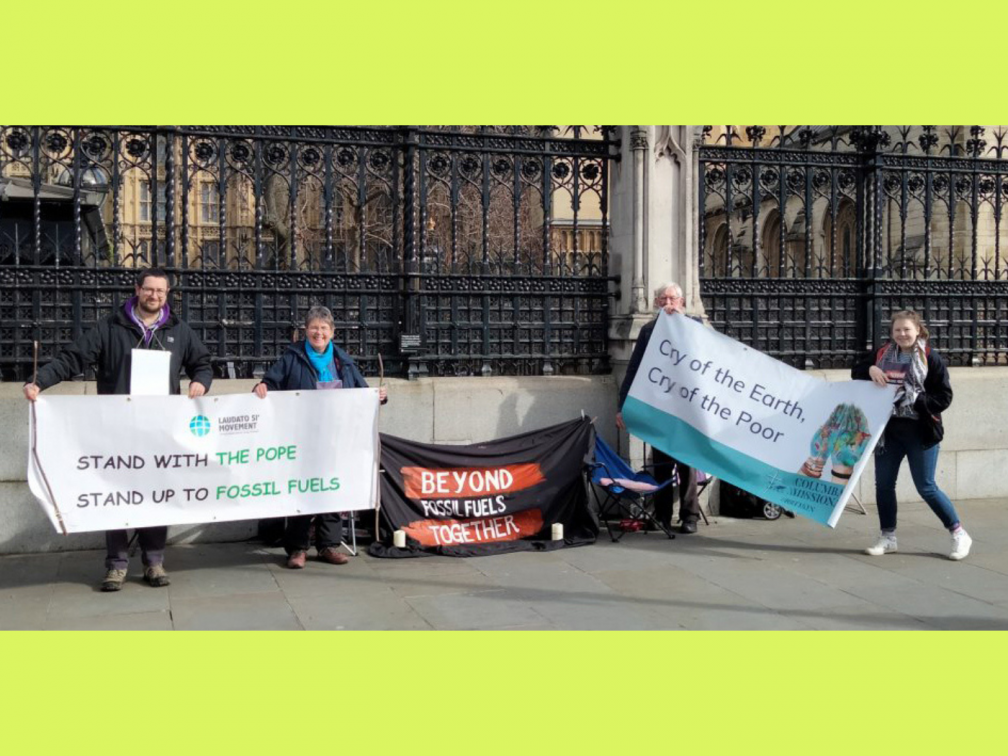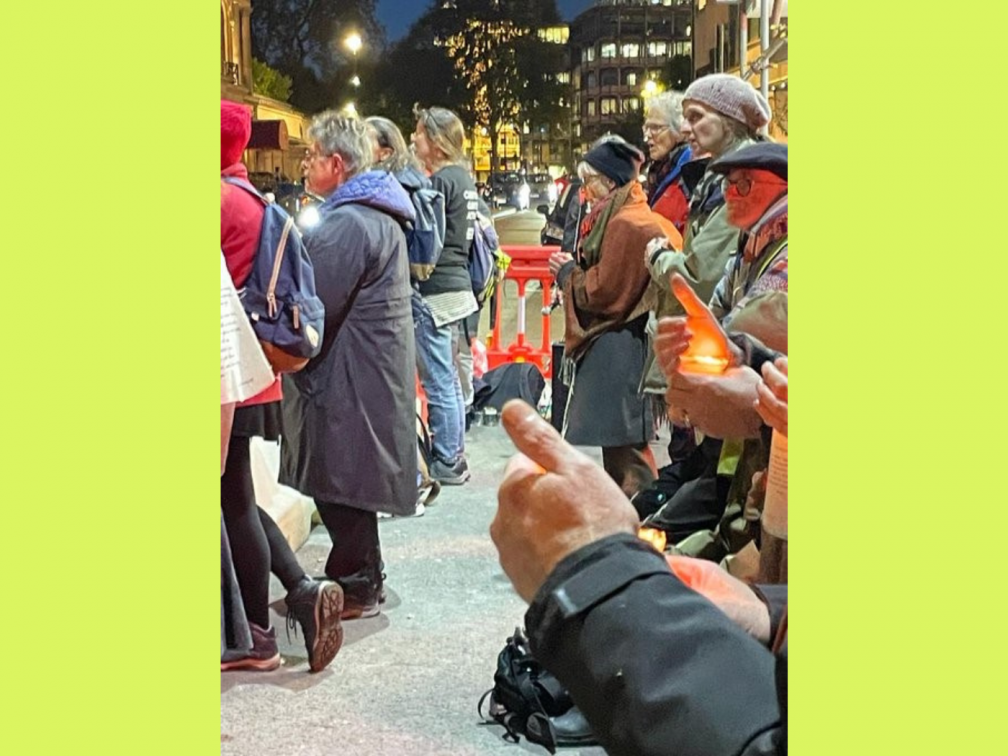
On 4 October, Pope Francis released Laudate Deum, his Apostolic Exhortation containing an appeal to address the climate crisis. He said it should not be seen as purely an environmental crisis but as “a human and social problem on any number of levels.”
Just a week later, the Pope received in audience Dr Sultan Al Jaber, President-designate of COP28: the important UN climate conference scheduled to take place in Dubai, United Arab Emirates (UAE) from 30 November to 12 December 2023. For the first time, there will be a Faith Pavilion at COP28 and Pope Francis has even signalled that he would like to go.
Sultan Al Jaber reported welcoming Laudate Deum, saying afterwards that, “in my meeting with His Holiness, I underlined the UAE’s appreciation for his unwavering advocacy for positive climate action to advance human progress.” He added, “We need to reduce annual emissions by 43% by 2030 to keep 1.5C within reach,” but took the view, “It would be irresponsible to unplug the energy system of today before we have built the new one.”
This suggests that he is not wholly committed to halting fossil fuel production speedily and he certainly has strong links to his country’s oil industry. However, the UAE has been going through an energy transition for almost 20 years. According to Sultan Al Jaber, it is 6th in the global ranking of solar per capita consumption and the UAE has also invested $50 billion in renewable energy in 70 other countries. The whole Earth community needs nations meeting in Dubai to fulfil the pledges made at former climate conferences, including the 100 billion dollars in annual climate financing promised over 10 years ago. Let’s be positive and work towards this happening.
Yet, it isn’t just about money. Josianne Gauthier, secretary general of CIDSE, an umbrella organisation for Catholic development agencies in Europe and North America, said last week: “We cannot continue to hide from the reality and our shared responsibility towards ecological destruction. The violence towards the planet and the poor are both being fuelled by an unjust economic system, where power is concentrated in the hands of the few.”
Theologian and lecturer Anna Blackman – who is a volunteer member of the Columbans’ Justice, Peace and Ecology Team – recently highlighted problems with the industrial-military complex that underpins our society.
She reported on a conference in Oxford exploring how militaries are huge producers of greenhouse gas emissions both during times of peace and war. But we know little about the carbon footprint of war as military reporting on emissions is not compulsory. It is extraordinary that military fuel use was not covered by either the Kyoto Protocol or the Paris Agreement. Also noted at the conference was the difficulty in accurately attaining data from arms companies who retain information as “trade secrets”. Yet, it should be noted that in the UK there has been a 40% increase in the reporting of emissions by the UK military over the last 20 years.
Anna said that less discussed at the conference was peace and demilitarisation, arguably the most effective way to cut military emissions. Thought was given to the carbon footprint of war, versus the carbon footprint of negotiation.
Policymakers need to be pressurised through advocacy and voting. This call is echoed in Laudate Deum in which Pope Francis speaks of the vital role of activism “from below” that pressures ‘the elites of power’. At a time when the UK Prime Minister is weakening our commitments to Net Zero, this takes on increasing urgency.
October saw climate protestors out on the streets, particularly outside a meeting of oil company CEOs at a hotel in Central London. Climate activist Greta Thunberg joined the broad-based protests for several days. Christian Climate Action (CCA) also occupied the building of insurance company Chaucer, demanding they rule out insuring a new West Cumbria coal mine.
Around 30 people attended an ecumenical vigil outside the CEO meeting, holding candles in a “circle of lament” and praying, including Columban sister Kate Midgley and Melanie Nazareth of CCA. Melanie said, “We cannot stand by as oil companies destroy our communities and burn our common home for the sake of profit.” Sections were read out from Laudate Deum, including the Pope’s endorsement of nonviolent grassroots protest. He said, “The actions of groups negatively portrayed as ‘radicalised’, are in reality filling a space left empty by society as a whole, which ought to exercise a healthy ‘pressure’, since every family ought to realise that the future of their children is at stake.”
We hope you will join us on 9 December when a Global Day of Action on the climate will include marches and lobbying in the UK.


